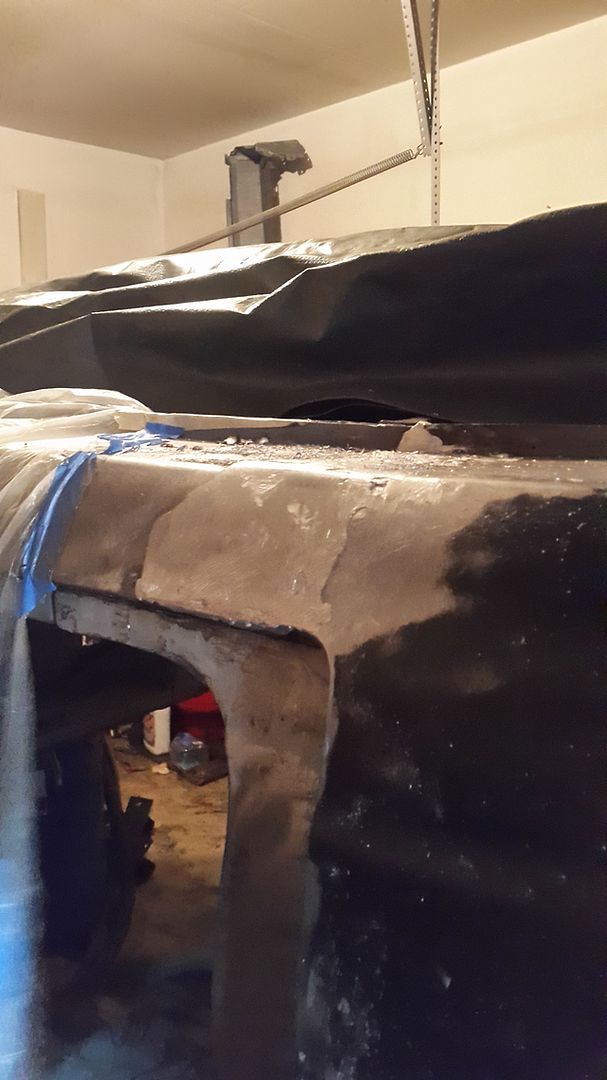Now days the metal is thinner and lead doesn't work to well. The heat necessary to lead is too much for the thin metal and makes it warp.
I'll challenge that. Car bodies from the muscle car era until the present day are made of 0.032" steel. I guess pre-war cars were a little thicker. I do believe some body parts of older Japanese cars may have been a little thinner.
I was a mill sales rep for
cold rolled steel sheet in coil. "Automotive gauge" steel is 0.032" thick, and the auto industry is the 800-pound gorilla in the cold rolled market. For this reason just about every cold rolled mill in the world is optimized to roll "oh thirty two". .032 is "base price" or the cheapest thickness to produce. That's why clothes washers, water heaters, refrigerators, filing cabinets, etc. are mostly .032.
My '69 Barracuda is .032 in the fenders, doors, wheel tubs, floor pan, and all the rest of the body panels. So is my '05 GTO from Australia. If I buy a new Challenger it will be .032 too.
Whenever I have 'miked' steel on my cars, it usually was about .035 or so due to paint. Take off the paint, and it's .032.
I cringe when people want to talk about gauge numbers for steel thicknesses. Gauge numbers were abandoned by mills and customers early in the industrial revolution. Every steel mill in the world rolls to decimal inches or millimeters, not to any gauge number. And steel mill customers order and buy in decimal inches or millimeters, not in any gauge number.

